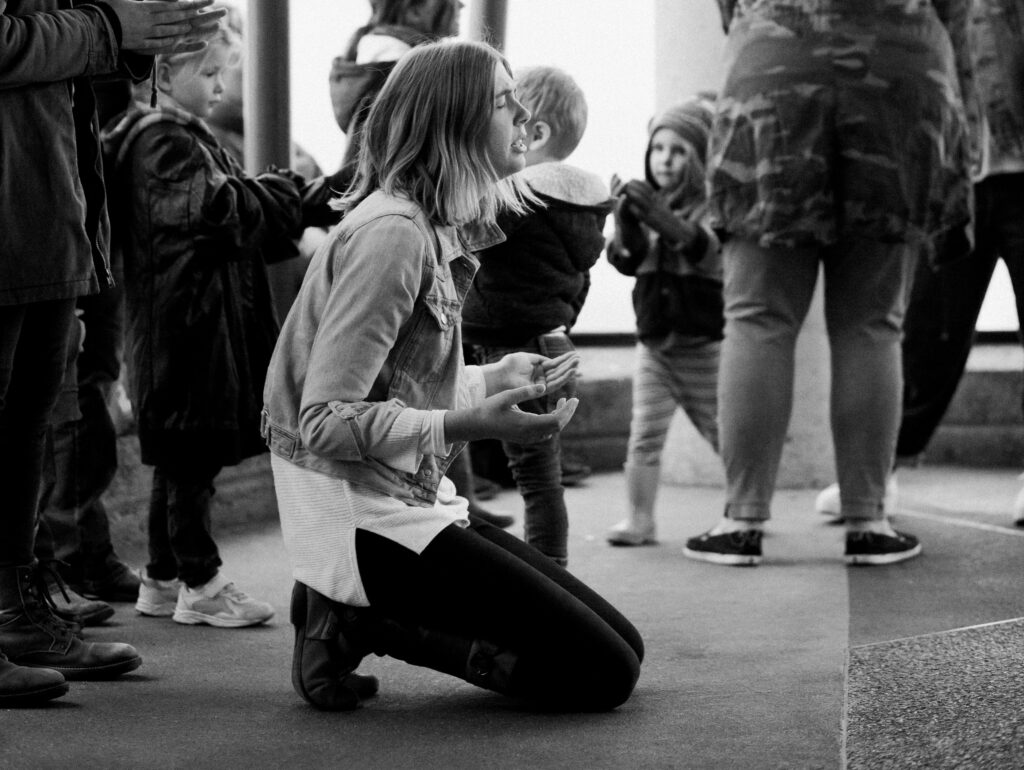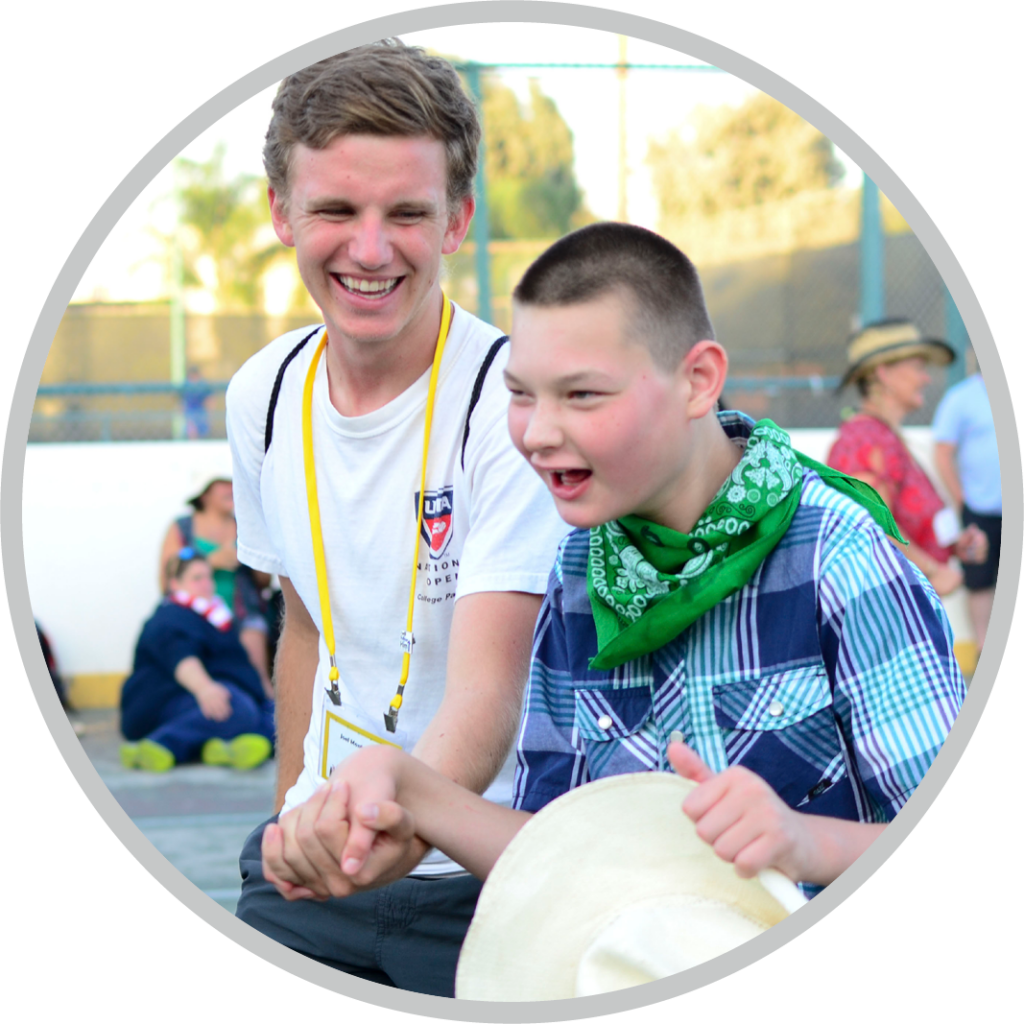Advice for Ministry Leaders on Listening Well to People with Disabilities

Communication is a two-way street. But communication, ironically, requires more of the listener than the speaker. Poor speaking can be overcome by good listening, but the best speaker in the world won’t be heard if their audience is inattentive. And for too long, and in too many places, people that are marginalized, including those affected by disability, haven’t had a voice. In the areas of education, healthcare, and employment, people with disabilities often encounter resistance and barriers to their participation and presence.
But perhaps most tragically, these barriers often extend to churches, too.
1. The Embattled Soldier
As a small boy there were few things I liked more about church than a good flannel graph depiction of a biblical action scene. Some of my favorite stories were of “David’s Mighty Men.” For example, 2 Samuel 23 describes a battle in which Eleazar spent hours singlehandedly fighting off an entire Philistine army. He fought for so long that after the battle ended, his hand remained frozen around the handle of his sword.

There are many people affected by disability who have been fighting even longer than Eleazar. They fight school districts. They fight insurance companies. They fight local government. They fight their own emotions and expectations. Is it any wonder that some of them come to church prepared for a fight?
I know pastors are no stranger to the occasional angry email. And I know that not all criticism is constructive. Many complaints vented towards pastors have very little to do with the pastor. But if we can be discerning and hear the hurt behind the anger, perhaps we can apply Proverbs 15:1 and offer a “gentle answer” that “turns away wrath.”
Sometimes the person you’re talking to was born on the battlefield.
Others have been involuntarily conscripted by accident, illness, or an unexpected diagnosis for their child. They might be scared and confused. They might be hurt and jaded. But even in their pain, the people in this category still see Christian community as something worth fighting for.
Whether the injury to their hearts is exposed and tender, or scarred and calloused, shouldn’t the church be a place of healing for these wounded souls? Pastor, ministry leader, help them see that you will be a refuge for them, not an antagonistic force against them.
Let your church be a place they can put down their swords.

2. The Weary Sojourner
Sometimes, the fight has been taken out of people affected by disability. They’ve grown tired of searching for a church that wants them. You’re unlikely to get angry emails from this group. If anything, you might never hear from them.
Believers in this group are likely to come and go unnoticed. They may click on your church’s website, see nothing that acknowledges their situation, and silently move on. They might attend your service once, silently slip out the back, and never return.
The non-Christian in this group is unlikely to ever set foot in church. But that means that the evangelistic potential is huge. Whether this group realizes it or not, they are weary (in part) because their hearts are restless.
As Augustine puts it, “My heart is restless until it rests in Thee, O God.”
This group won’t come to you, so you’ll have to listen for the silence, and go to them.
Where do we go from here?
Most people will fall somewhere in the middle of this spectrum. Some will be more articulate than others. Some will exhibit more patience than others. But regardless of where they are, you can prepare yourself to listen.
May we live out the words of 1 Thessalonians 5:14,
“…encourage the disheartened, help the weak, be patient with everyone.”
We need to put in the work to listen so we can hear well those living with disabilities.
Then they can hear the voice of the Savior say, “Come to me, all you who are weary and burdened, and I will give you rest. Take my yoke upon you and learn from me, for I am gentle and humble in heart, and you will find rest for your souls.”
Matthew 11:28-29
A good listener comes to others as a learner. Consider the questions on the Family Ministry Profile (available below) as a starting place for conversations that can bring healing, hope, and understanding to those who have battled for so many years.
Written By—Ryan Faulk
Ryan Faulk works for Joni and Friends to equip churches in Southern California to evangelize and disciple people with disabilities. He is passionate about seeing churches reflect the heart of Christ for all people.

Family Ministry Profile: Make Your Church More Welcoming to People with Disabilities
Use these questions to learn how to effectively accomplish the mission and vision of your church in the life of a family affected by disability.
Do You Have Questions?
Contact us at [email protected] or call (818) 707-5664. We’re here for you. Your ministry’s success is our highest priority!






